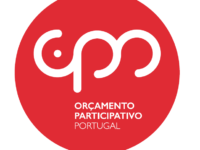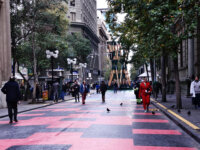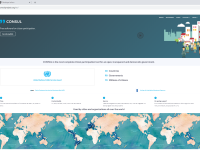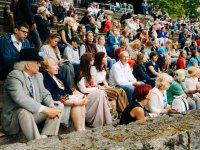The Portugal Participatory Budget (PPB) is a democratic, direct and universal process that allows civil society to decide on public investments in different governmental areas.
It is the first nationwide public participatory budget in the world, enhancing its originality. PPB helps to bring people closer to politics and decision-making, while promoting a deeper connection between regions, integrating the coastline and interior areas, as well as the rural and urban areas.
Innovation Tag: Public Consultation
Many years of Australian debate and public division around same sex marriage culminated in a single, nation-wide postal survey. The Australian Bureau of Statistics was given only 99 days to prepare, conduct and release the results of a survey of Australia’s 16 million enrolled voters. An amazing 80% of citizens participated in this voluntary survey, enabled by innovative project management and customer-centric service delivery. The project was delivered for 2/3 of its budget, a $40m saving.
Paseo Bandera is a street in the heart of Santiago that for 5 years was closed for work on the construction of the Santiago new subway line. Because of the closure, it was used for parking and passage of cars all day, being one of the worst streets in terms of quality in the center of the capital. In 2017, it was authorized for 10 months to be pedestrian. With artistic and technological innovation was possible to improve the quality of public space, accessibility, environment and mobility.
GovTech Poland is a completely new way of bringing innovations to the public sector. We have set out to define new procurement rules, set standards and build bridges between innovators and officials. Organising competitions, workshops, and introducing new digital solutions ourselves, our objective is to make the administration an agile, responsible partner for SME's and startups.
Hearing the people's demands and points of view, through reliable sources, is a central challenge to governance in the 21st Century. With no additional costs, we use the government's call center, representative scientific samples of the population, and up-to-date computer-assisted telephone interviewing to uncover popular evaluations of the quality of public services in Brasilia, Brazil.
The Citizens' Assembly was an exercise in deliberative democracy, placing the citizen at the heart of important legal and policy issues facing Irish society. With the benefit of expert, impartial and factual advice the 100 citizen Members considered five topics. Their conclusions formed the basis of a number of reports and recommendations that were submitted to the Houses of the Oireachtas (the Irish Houses of Parliament) for further debate by our elected representatives.
Decidim est une plateforme numérique imaginée par la mairie de Barcelone dès 2016 pour créer et coordonner des espaces et des processus participatifs, qui vise à étendre et faciliter l’accès à la participation citoyenne en vue de la co-construction et de la co-production des politiques publiques. Il s’agit d’un projet européen open source : son code est ouvert et libre ; en d’autres termes, tout le monde peut le voir, l’utiliser, le copier ou l’enrichir.
CONSUL is an online platform for public participation in decision-making, launched initially by the Madrid city council and subsequently adopted by several governments all over the world. The platform benefits from its open source code, making it free for any government, or CSO, to make use of it and propose improvements. CONSUL is designed for citizens to voice their concerns and participate through the development of proposals, votes for new laws, debates, crowd laws, participatory budgets…
In an increasingly divisive and polarised world, the annual nationwide Conversation festival LAMPA in Latvia has become an outstanding platform for discussing matters of societal concern about Latvia, Europe and the world in face-to-face conversations. Co-created by a diverse array of civil society organisations, public authorities and private companies, the festival opens up policy-making processes to wider audiences and creates an open platform for direct engagement among people in Latvia.
My Open Library is a customer service delivery project which extends public library opening hours from 8.00 am to 10.00 pm, seven days per week. New technology allows users to access the buildings and services at times that suits them best.






